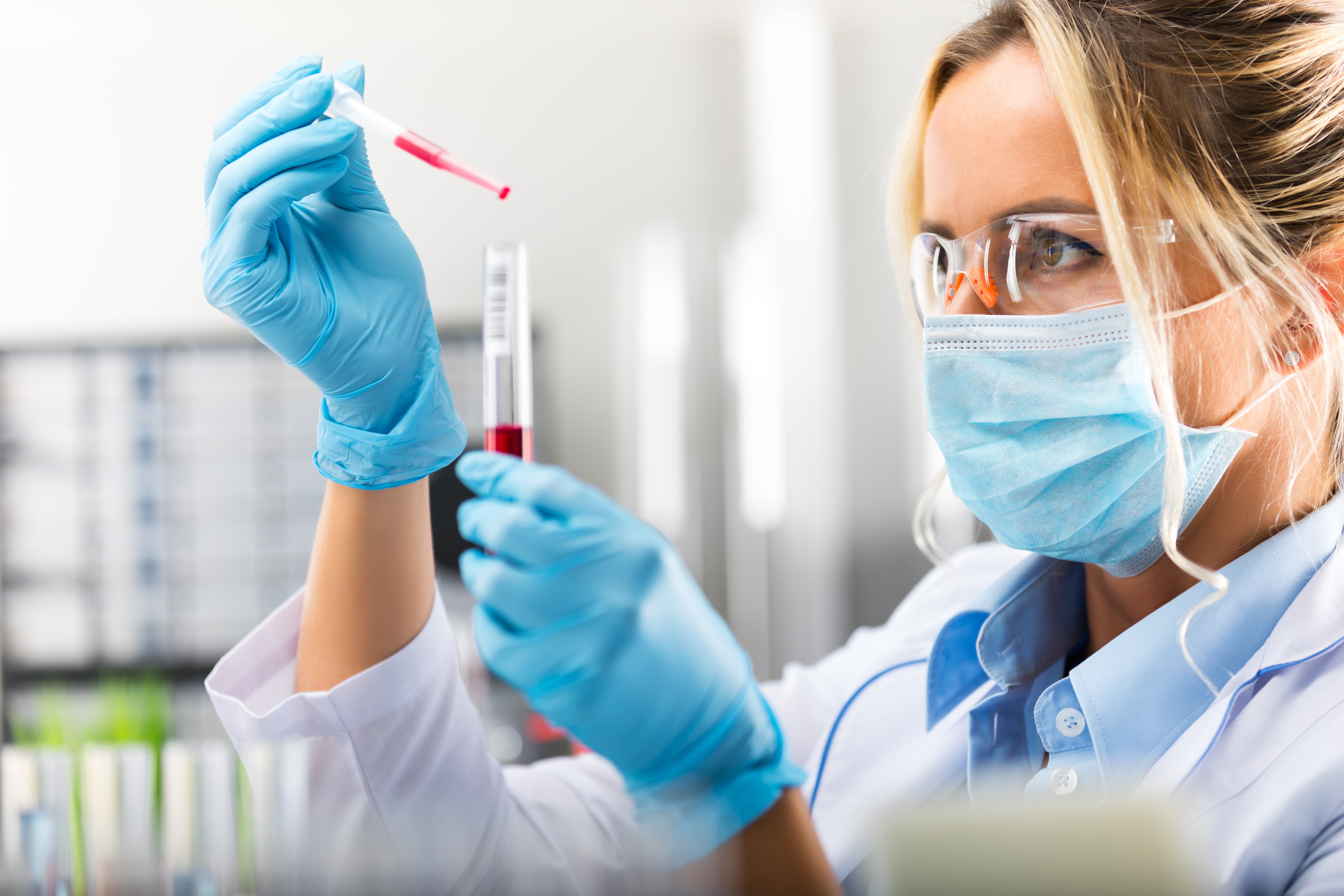
(Vienna, 29-12-2022) Severe Covid 19 disease characterised by excessive immune and inflammatory processes in the body. Conversely, a strong anti-inflammatory immune status is likely associated with long Covid syndrome. Scientists have now established this with extensive blood plasma analyses of vaccinated persons without subsequent illness, persons who have completely recovered from the Covid 19 infection and long Covid patients. The scientific research by the team led by Christopher Gerner from the Faculty of Chemistry at the University of Vienna and researchers from MedUni Vienna has already been published as a pre-proof in the open access online journal “iScience”.
"Since the beginning of the pandemic, it has become clear that not all patients recover fully from a SARS-Cov-2 infection. Initially, the symptoms of those affected were mainly attributed to psychological factors such as anxiety and stress. It is now recognised that chronic persistent Covid-19 symptoms following an acute infection represent a new somatic condition called post-acute Covid-19 syndrome (PACS) or long Covid-19 syndrome", the study states.
Many questions about long Covid have not yet been addressed, note the study’s authors: "Strikingly, long Covid syndrome develops regardless of the severity of Covid 19 disease. Possible risk factors and concomitant diseases are poorly understood". Chronic fatigue syndrome, concentration disorders, cardiac arrhythmias, shortness of breath, etc. could in any case severely impair the quality of life of those affected. So far, however, there are no exact markers available that would help to confirm a possible long Covid diagnosis.
Analyses of the blood plasma of three times 13 comparable test subjects
The Viennese scientists wanted to identify precisely such laboratory characteristics in their work. To do this, they analysed the blood plasma of three times 13 comparable test subjects to determine their immune status: a group of healthy Covid-19 vaccinated patients without subsequent infection, a second group of recovered Covid-19 patients without ongoing symptoms (at least twelve weeks after the acute illness) and finally, a third group of ex-Covid-19 patients (even three months after the infection) experiencing a persistent chronic state of exhaustion. The blood plasma was examined at a special facility of the Faculty of Chemistry at the University of Vienna (Joint Metabolome Facility).
The results seem to suggest that long Covid patients have a significantly different immune status than those who have recovered without permanent symptoms: "The multifaceted analysis of cytokine (immune messenger) profiles showed slightly elevated pro-inflammatory cytokine levels in test subjects who had recovered from Covid 19 disease compared to long Covid syndrome patients".
Elevated serum levels of anti-inflammatory proteins
Conversely, significantly lower concentrations of interleukin-18, a tumour necrosis factor receptor II and other inflammatory parameters were found in the blood samples of those affected by Long Covid. The difference between the Long Covid patients and those vaccinated against Covid-19 was smaller than that between the test subjects who had completely recovered from SARS-CoV-2 infection and those with persistent symptoms of fatigue. It is likely that in the fully recovered group, the inflammation levels in the blood are elevated for a longer period of time.
On the other hand, increased blood levels of anti-inflammatory proteins, so-called oxylipins, omega-3 fatty acids, taurine, etc., were characteristic of people with long Covid. According to the scientists, this is probably due to so-called M2 macrophages, that have an anti-inflammatory effect. In any case, the scientists claim that their results could be important for the future: Overall, typical marker characteristics in the blood plasma are apparently present in long Covid patients. This could facilitate the diagnosis of the syndrome and the search for therapies.
According to the German Robert Koch Institute, international studies have shown widely varying rates of long Covid syndrome: In these studies, the incidence after acute Covid-19 ranged from 7.5 per cent to 41 per cent in adults without hospitalisation for SARS-CoV-2 infection. In patients hospitalised for Covid-19, a long Covid incidence of almost 37 per cent was observed. (apa)
Publication: iScience
A multi-omics based anti-inflammatory immune signature characterises long COVID-19 syndrome
Johannes J. Kovarik, Andrea Bileck, Gerhard Hagn, Samuel M. Meier-Menches, Tobias Frey, Anna Kaempf, Marlene Hollenstein, Tarik Shoumariyeh, Lukas Skos, Birgit Reiter, Marlene C. Gerner, Andreas Spannbauer, Ena Hasimbegovic, Doreen Schmidl, Gerhard Garhöfer, Mariann Gyöngyösi, Klaus G. Schmetterer, Christopher Gerner
iScience, Volume 26, Issue 1, 20 January 2023
DOI:10.1016/j.isci.2022.105717
https://doi.org/10.1016/j.isci.2022.105717